One of our biggest challenges today is to provide a secure, safe and efficient energy system. Material science is a key component in achieving that. The future has just begun.
Alleima advances industries through materials technology. Our expertise enables more efficient, more profitable and more sustainable processes, products and applications for our customers.
Together with our customers, we break new boundaries in enabling renewable energy production, more sustainable transportation and homes and life-changing medical equipment.
The transition to a zero-carbon world requires renewable energy production and non-fossil fuels for transportation, as well as a shift from hydrocarbons to electricity in the manufacturing sector. Hydrogen is set to play an important role as a substitute for carbon in both sectors.

A warmer climate coupled with population growth, increasing urbanization and larger spending power will boost the demand for air conditioners and refrigerators. In addition, growing affluence and longer lives will bolster demand for medical technologies that keep diseases in check and improve the quality of life. An increased desire to travel follows in the wake of healthier and longer lives, but the aviation industry will need new materials and alternative fuels to make this possible. Finally, the petrochemical industry will see a major shift in input, using biofuels instead of oil to produce an output the world still needs, from everyday gadgets to the fertilizers required to feed a growing population in an increasingly tough climate.
Sign up here if you wish to receive news from Alleima by email.
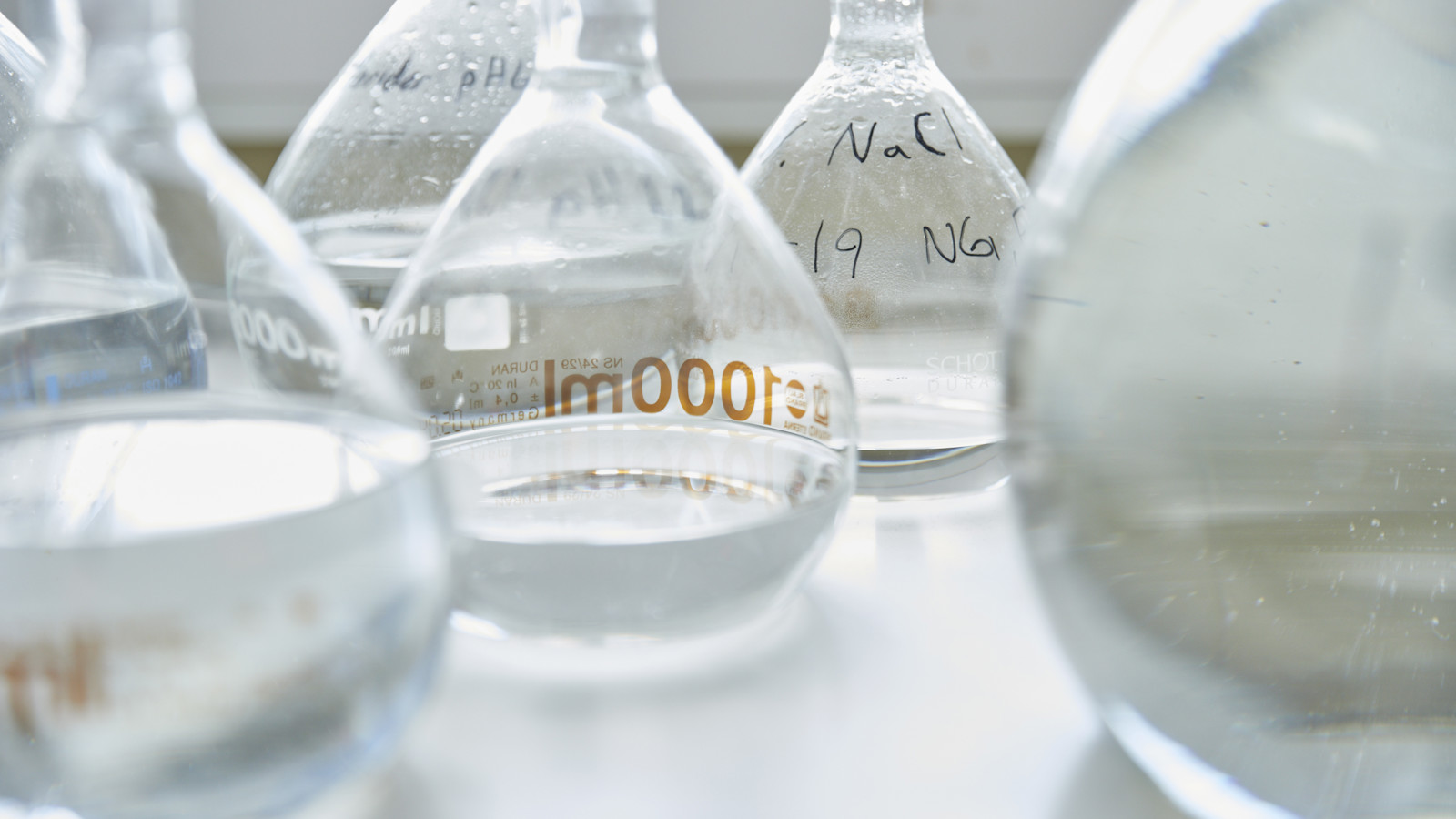
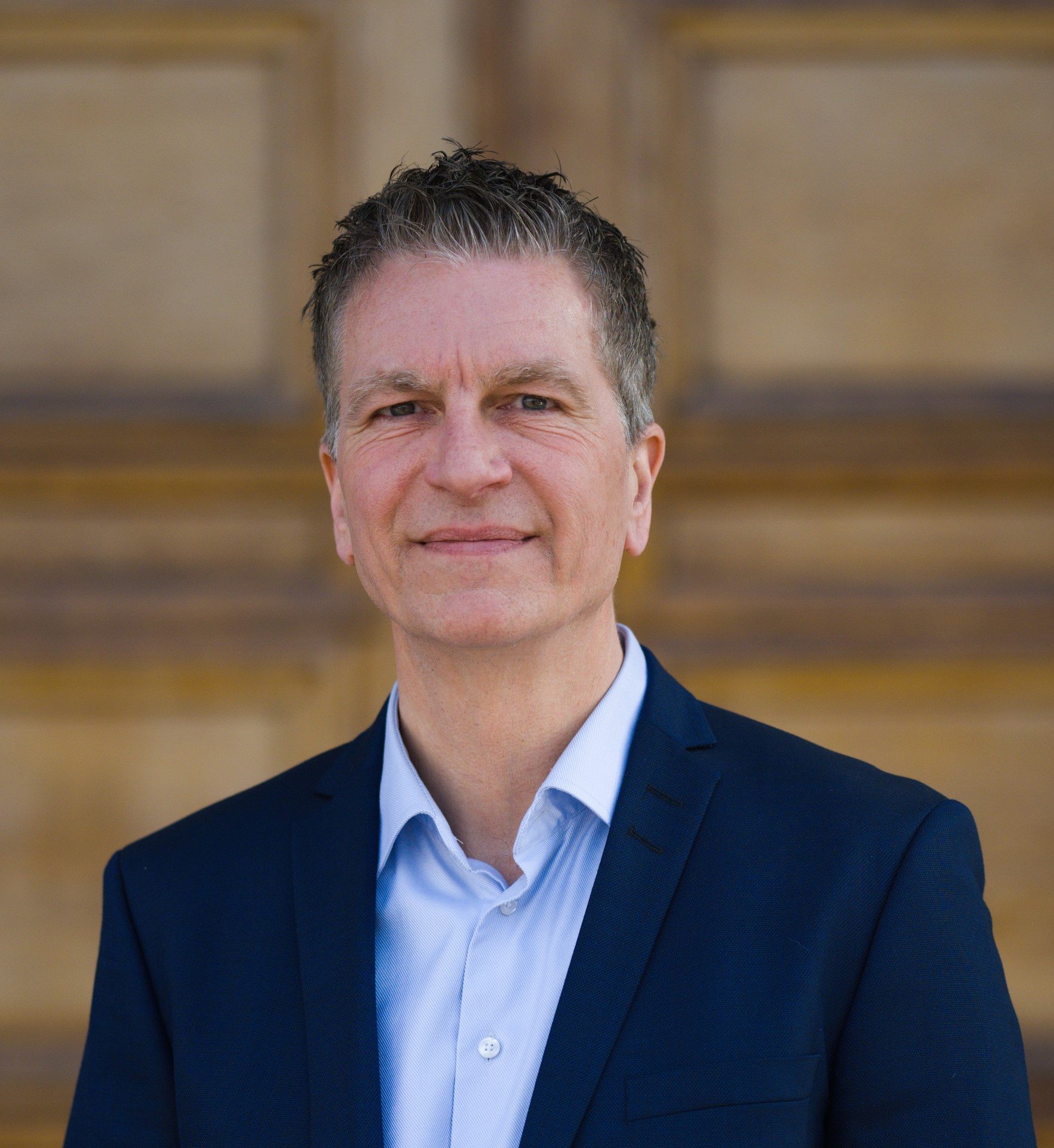
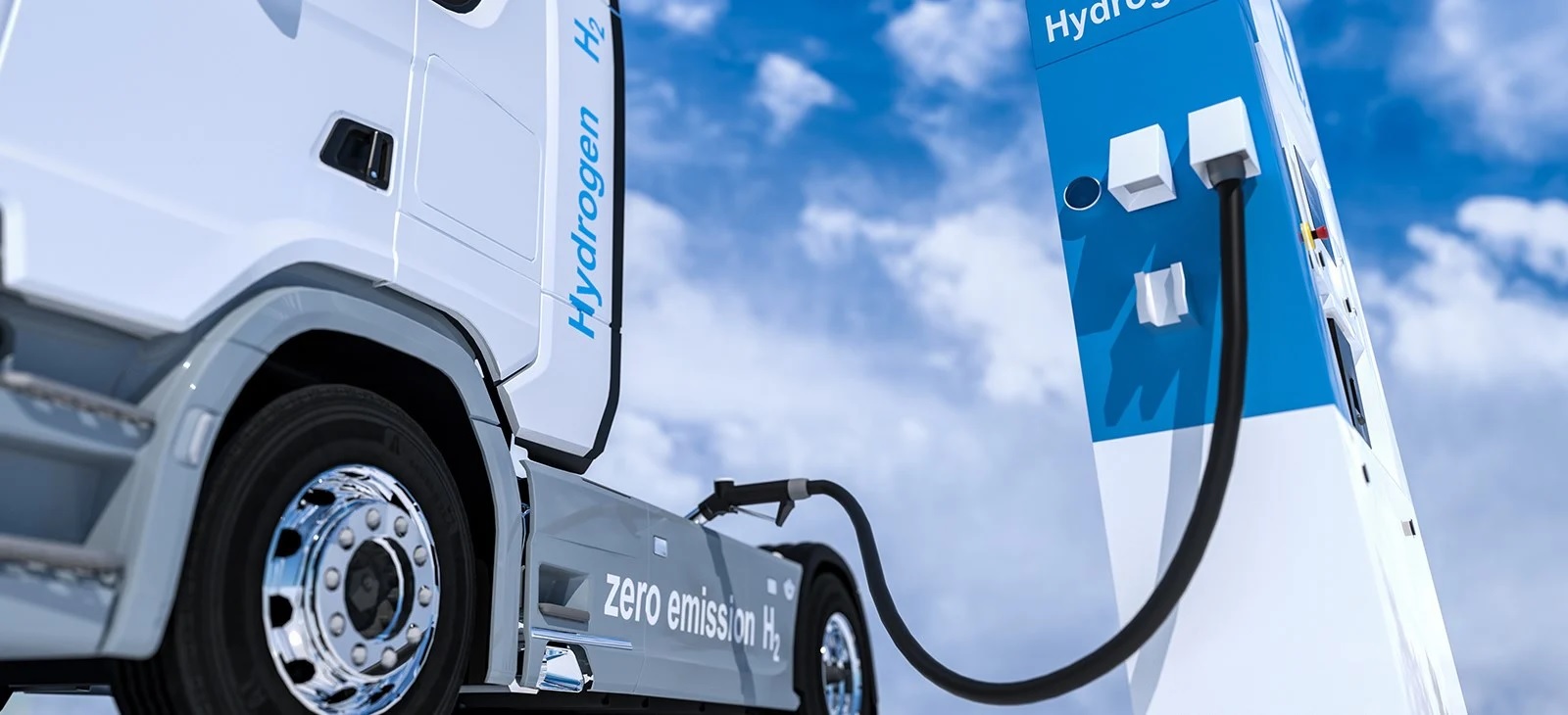


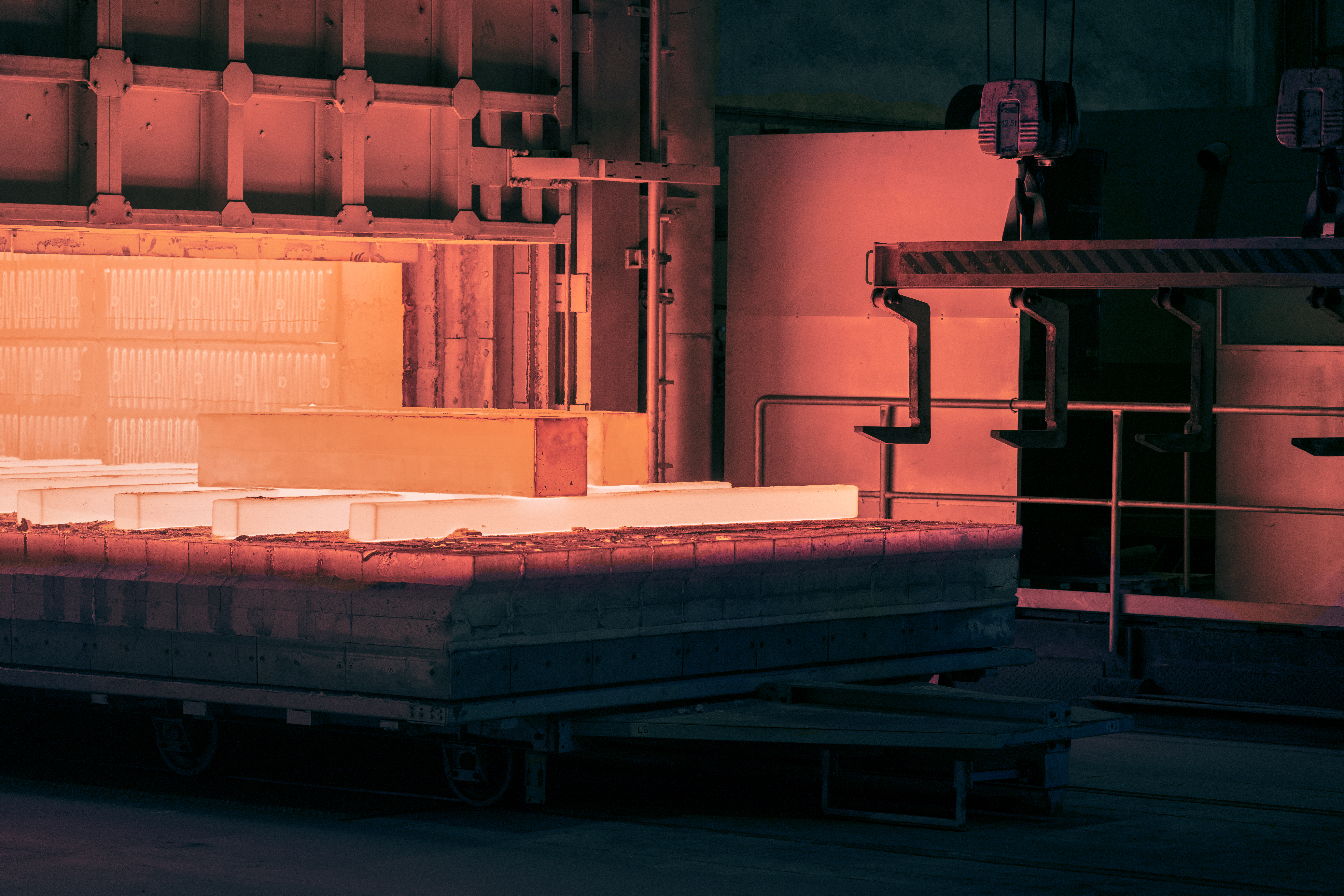



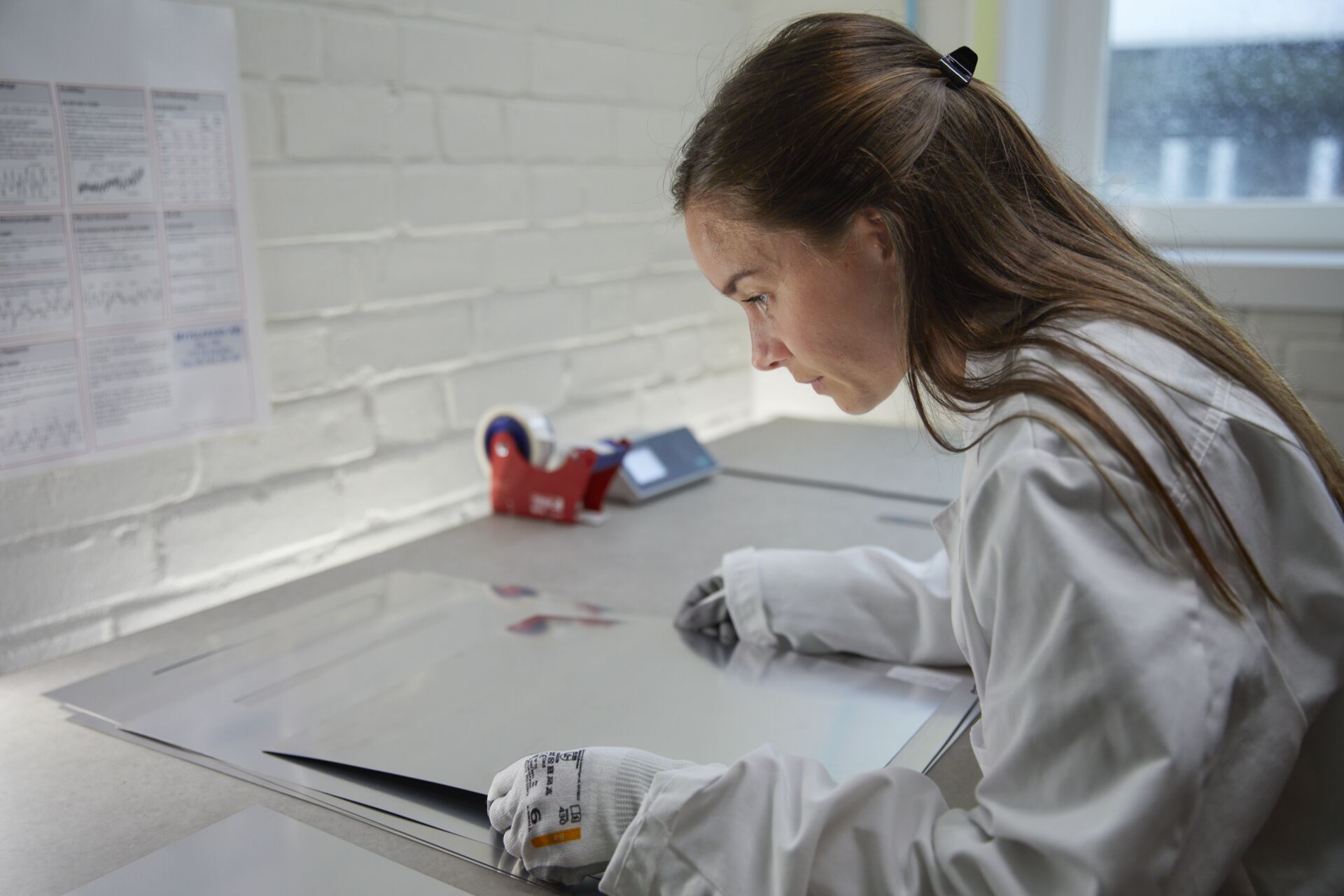 Growing affluence also spurs a rise in demand for aesthetic surgery, another area with tough requirements on purity and performance on equipment such as bone saws. Having an integrated production chain permits Alleima to meet high demands, notes Eriksson. “Being fully integrated across the production chain simply allows much greater control all the way from smelting to finished product,” he says. “Also, having research and development units across the organization lets us offer high-quality products that really deliver in the toughest environments according to specified targets.”
Growing affluence also spurs a rise in demand for aesthetic surgery, another area with tough requirements on purity and performance on equipment such as bone saws. Having an integrated production chain permits Alleima to meet high demands, notes Eriksson. “Being fully integrated across the production chain simply allows much greater control all the way from smelting to finished product,” he says. “Also, having research and development units across the organization lets us offer high-quality products that really deliver in the toughest environments according to specified targets.”